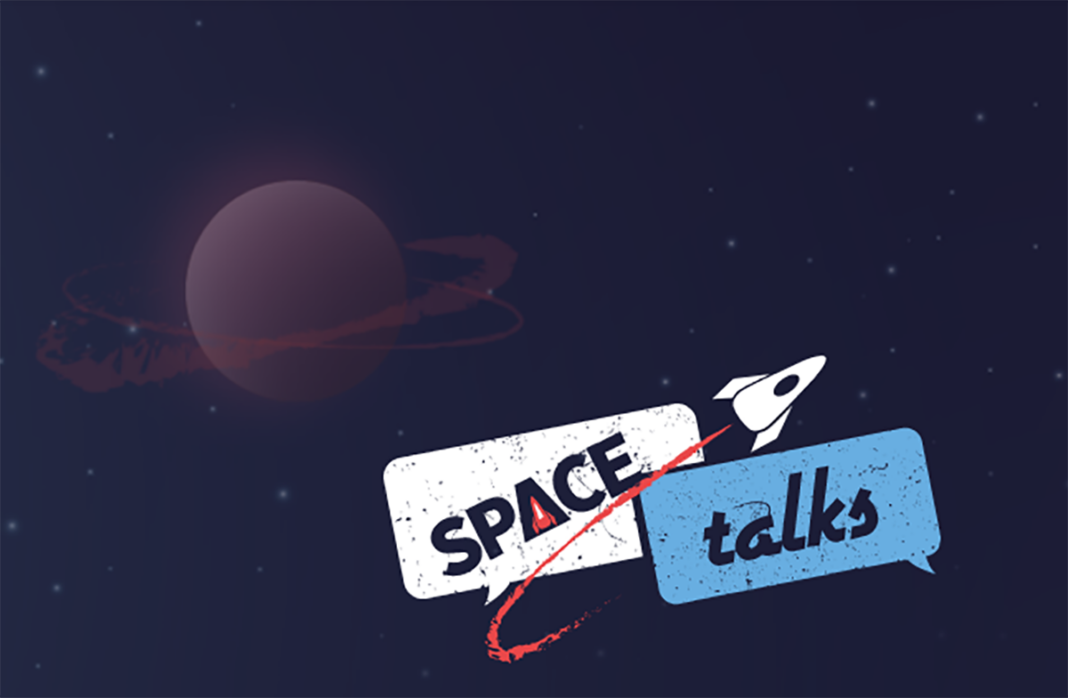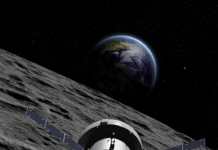The third edition of the event SPACEtalks brought together the brightest minds in the space industry and government experts. Designed for aerospace-related industry professionals, decision-makers at aerospace, commercial organizations, start-ups, governmental agencies, and academia—the event focused on discussions about current trends in space research and innovation.
Access to space and how to make it more inclusive was one of the main topics during the conference SPACEtalks 3.0 held last month in London. It was specifically discussed in the Panel Session Bringing Space to Earth – Practical steps into making space more inclusive.
Space has been traditionally exclusively managed by government agencies and institutions. However, years ago, space became highly disruptive and improved quickly for the private sector. In fact, small companies and investors can deliver today what governments used to.
According to Stephan Reckie, Executive Director of GEN Space, a universal network and ecosystem for astro-entrepreneurs, the presence of the private sector in space is due to a new mentality. “Now, it is about putting first a business in space rather than doing research in space,” he said in the panel at SpaceTalks 3.0.
The drop in the cost of space technology, successful space business cases, and proven return of the investment, encourage inclusiveness in outer space. “More investors are understanding that they can invest in space and do not have to be one of the billionaires. There are returns; there are a lot of instruments,” Rackie pointed out.
Catherine Holt works in Horizon Europe at the UK National Contact Point Space. She talked about how the Europe Union fosters inclusion in the space market by supporting start-ups from diverse fields. Through this program, the EU brings grants and business coaching to help the new companies to navigate the first steps and develop their technology. “This is not a traditional proposal program. It is more about the company, the people, the potential of innovation,” she claimed.
New countries in space
New countries investing in the space industry is also a way to make this business venture accessible to more people. The United Arab Emirates (UAE) created its space program 20 years ago to trigger a cultural shift in the economy. Their space program focuses on small platform observation missions and Mars missions.
“We engaged thousands of students, professors, and researchers with the Mars’ mission [Hope]. We are very proud because a big part of the team is female engineers. It is very impactful to see what our space program was in 2014 and how it is now,” indicated Ibrahim Al Qasim, Deputy Director-General of the United Arab Emirates (UAE) Space Agency, during the SpaceTalks3.0 conference.
He highlighted that the significant drop in cost to access space prompted private sector participation. Furthermore, the spread of space technology across the UAE’s economy for navigation, localization, or communication, motivated investment in the sector. “It is necessary to make space as inclusive as possible. Every nation needs to participate. We have a long way to go, but we can show how many things are possible to achieve in a short time,” he suggested.
Space tourism
What about ordinary people and their chances to access space? Space tourism seems to be the way. Yet, it looks like something highly exclusive for “billionaire boys with their rocket,” as the conference host described.
Anette Toivonen, Senior Lecturer in Space Tourism at the Haaga-Helia University of Applied-Sciences recognized that making space tourism affordable for a wider range of people may take some time. First of all, the safety of the trips must be proved. Then, the space industry should have a proactive attitude toward this activity to do some voluntary action to facilitate the development of rockets for tourism. “I think it is the same as in aviation. In the beginning, it was limited to a few people, but it has changed over the last 40 years,” Toivonen remarked.
Innovator companies and entrepreneurs are creating a whole new experience for humans in space. It is a global responsibility to make this contemporary space race a benefit to all humankind.





